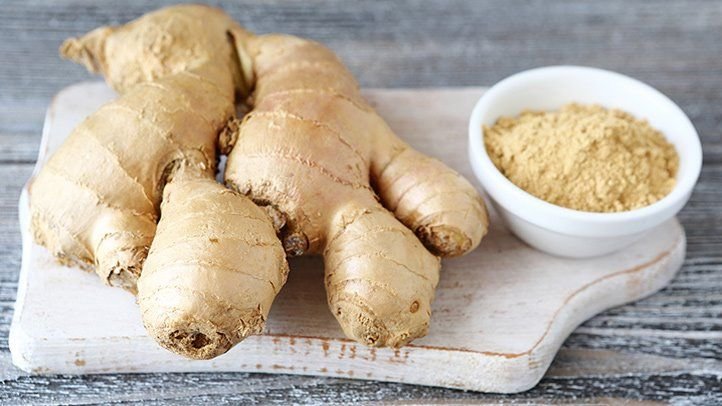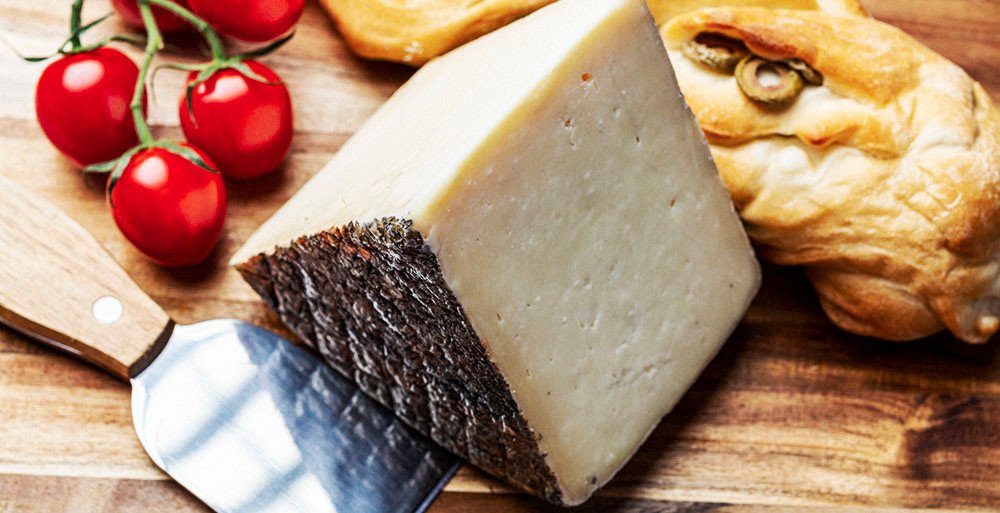Butter is among the most commonly used components in kitchens everywhere, but it is also one that quickly depletes! Unsalted butter is an essential ingredient in cakes, flaky pie crusts, delicious cookies, croissants, and a simple buttered toast. Substitute For Unsalted Butter shared below are excellent choices to make creamy and buttery recipes in absence of real butter.
Unsalted butter refers to butter that is not flooded with salt. It is a popular ingredient in the kitchen of many, particularly when making cakes and other food items. In addition to its intriguing flavor, you can use unsalted butter for its numerous health advantages.
It’s a good source of essential minerals and vitamins that enhance the overall health of your bones, hair, and overall body. However, you may need to find a replacement for it at times.
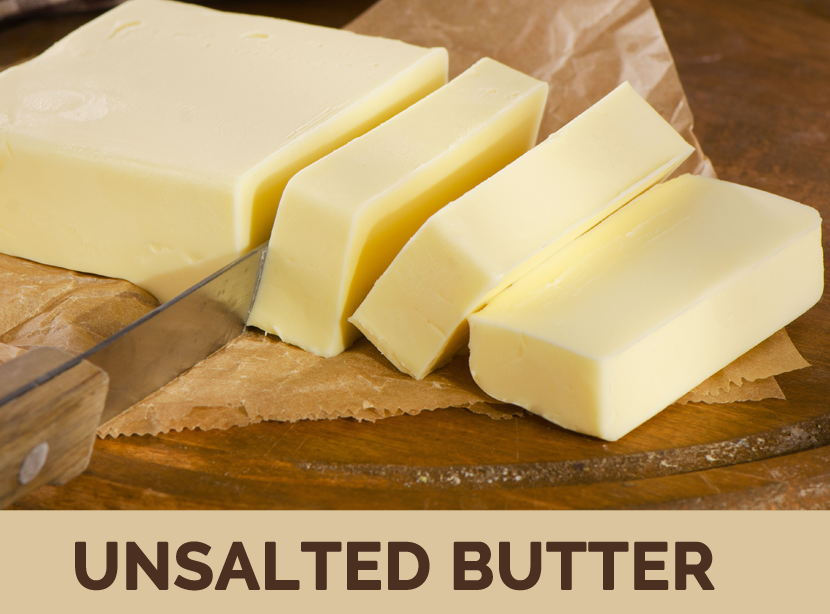
Alternatives and Substitutes For Unsalted Butter
Below, we have summed up few best replacements for unsalted butter:
Margarine
Margarine is similar in taste to unsalted butter; however, it has a smoother texture. Melted margarine is ideal for recipes that require melting butter. In recipes that require softened butter, margarine could affect the consistency of the cookies.
For example, cookies may become less crisp and will spread more. Furthermore, cakes made using margarine are less moist. Margarine is sweeter in flavor than unsalted butter. It also contains salt that can alter the taste of baked products and make them taste drier. It doesn’t also give an identical golden brown hue to baked goods as unsalted butter can!
Still, you can use margarine to replace unsalted butter. You should use the same quantity of margarine as unsalted butter but be aware that margarine is more watery than butter, and you may need to cut down on how much liquid you add to your dish.
Margarine was invented to substitute butter made from cattle tallow (sheep fats). Both are similar in terms of their origin and usage. Unsalted butter is created by the solid part of milk, whereas margarine is made from vegetable oil. It is a refined form of oil that is an amalgamation of several vegetable oils.
They include palm oil, palm kernel, soybean, and fats from animal and vegetable sources. Margarine is better than unsalted butter because it has a lower cholesterol content. It doesn’t have the creamy and rich taste that unsalted butter offers.
Margarine is an excellent substitute for butter that is not salted; however, it performs differently when used to cook, but it will do the job. Margarine is a replacement that is not widely recommended due to its trans fats. However, many kinds of margarine are much healthier than previously and don’t have trans-fats.
Although healthier alternatives are readily available, it’s still a pretty unhealthy substitute. But, if you’re stuck and can’t find any other alternative, you can use this product without any doubt.
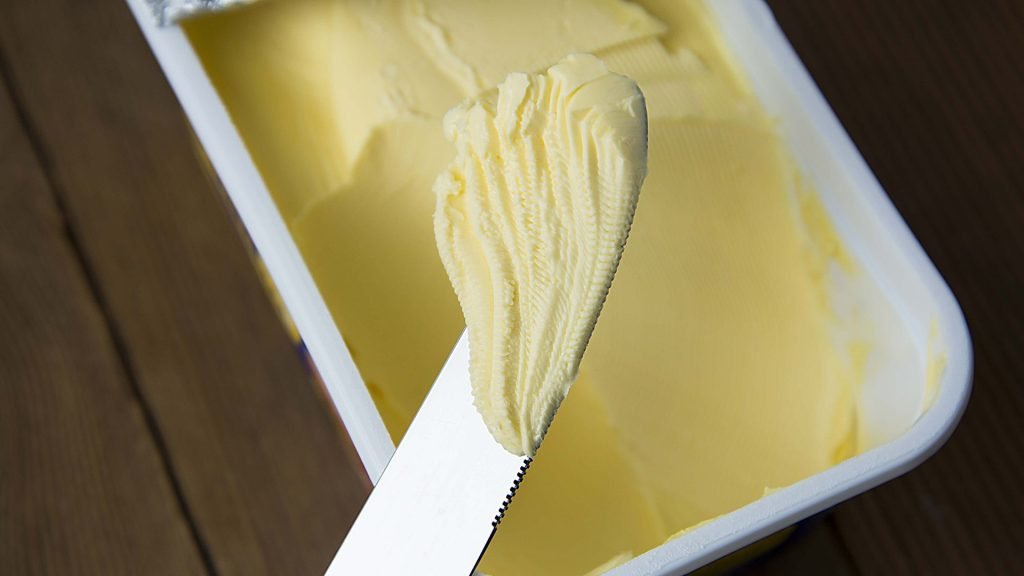
Lard
People commonly use lard in baking, especially for savory baked goods, like pastries and pie crusts that require flaky and crisp surfaces. This is because, unlike butter or other fats, lard does not soften or dissolve. This is why the texture it creates is usually superior to butter.
However, unlike butter, lard cannot provide any distinction in taste or color. To enhance recipes with lard, bakers often include eggs and add salt to improve the color and flavor. This is why lard is an excellent substitute for savory dishes.
When a recipe requires butter, but you want to substitute lard for it, this conversion can be somewhat more complex than salted butter. For each cup of unsalted butter, you need to use approximately seven-eighths of the amount of lard you would use along with an egg.
This is an excellent option for cooked and baked recipes that don’t neglect the addition of fat. Lard is an animal product produced from pork fat, so it’s not suitable for vegetarian diets. Those who can consume it can provide a nice texture and flakiness to baked products.
It also adds an aroma of creamy flavor to cooking recipes. To replace butter that is salted using lard, you should use 7/8 cups of it per butter that is not salted. The lard comes from the fattest part of the pig and is then passed through rendering. The fat will eventually become solid through a series of processes. You can use lard to substitute unsalted butter in foods like doughnuts and biscuits. Because of its smoking point, it can be the best choice for frying instead of unsalted butter.
Lard provides a smoother texture than butter can provide. It also produces flavorless results. To enhance the benefits of lard in place, it is possible to add eggs to the dough. This will impart a slight eggy taste and add the appearance of golden to baked products. To offset the blandness, you can alter the salt content in your dish. It is primarily dependent on the amount of salt your brand is.
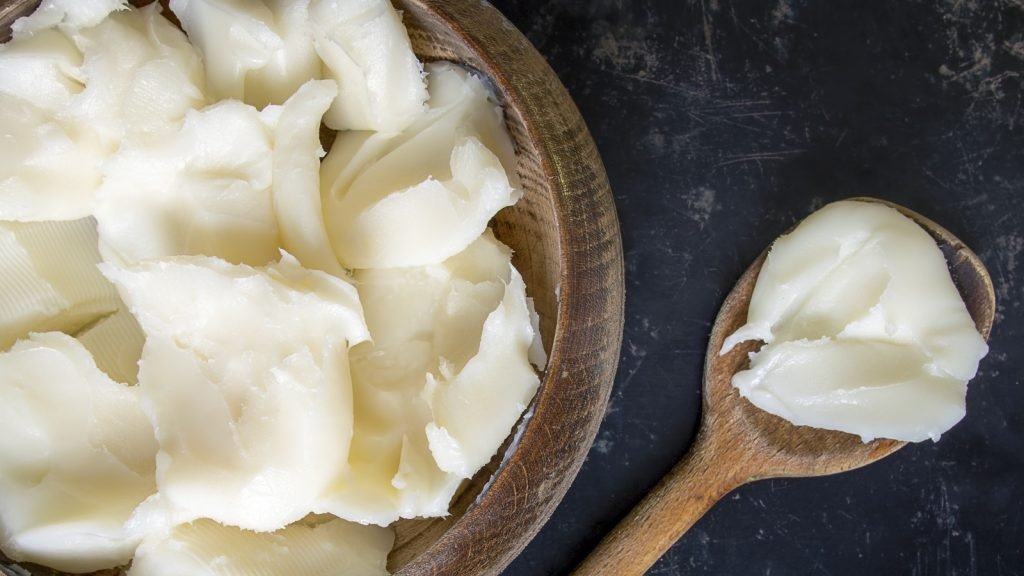
Coconut Oil
It is a naturally occurring oil created from the insides of the coconut, also known as coconut meat. Coconut oil is a healthy oil used in keto diets, vegan diets, and all healthy lifestyles. This is a healthier alternative to unsalted butter. Coconut is high in Omega-6 fatty acids(good fats) that are excellent for those suffering from high cholesterol. It is highly durable to heat, making it ideal for cooking at high heat.
It’s much more resistive than butter. You can use coconut oil as a substitute for butter in baking your favorite breads, cookies, cakes, or muffins, and make savory dishes, such as fried coconut shrimp, fried rice, etc.
Using coconut oil instead of stable fats like butter creates an edible cake that is significantly richer, more flavorful, and richer than angel meal or sheet cakes. This is a homemade delight that you won’t find anywhere else. Be sure that your ingredients are in good condition before preparing the recipe. If you’re making cookies, they will not have to be thinner than when you work with unsalted butter.
Coconut oil is available in various forms, including regular and refined, as well as fractionated. We recommend using regular coconut oil instead of unsalted butter since it’s more like what butter’s texture is like. However, be aware that using coconut oil for an unsalted butter substitute will possess a distinct coconut taste. If you’re looking for an alternative to butter in baking, then coconut oil might be a good alternative. However, coconut oil can possess a distinct flavor to it.
If you love the taste of coconut, then you’ll probably enjoy the additional flavor that coconut oil offers. But, if you don’t like coconut, this might not be the right choice for you. If you use coconut oil in baking, it is possible to use it in the ratio of 1:1. It functions the same way as butter does and can help you find the ingredients you need. It can enhance the flavor of chicken and other meats.
Another thing to be aware of when using coconut oil is the way it behaves in baking compared to butter. It behaves differently and doesn’t provide the same soft texture compared with butter. It also melts faster. For instance, baked goods will appear tastier; however this isn’t always an undesirable thing. If you look at items like muffins, their consistency is the same. It also has a greater saturated fat content when compared to butter.

Vegetable oil
Vegetable oil can be a popular substitute in recipes that require melting butter, as it’ll have a similar texture. This is because both are liquid fats. This means that their effects on the dishes will be comparable. For bread or muffins, vegetable oil can be an excellent substitute, mainly if you want to make a vegan-friendly dish. In addition, since it is an ingredient used frequently for cooking, you’ll probably already have some or be able to purchase some at the grocery store.
Be cautious not to use too much in specific bakes. The consistency can be significantly altered when using oil. Any vegetable oil can be an excellent alternative to unsalted butter. However, it is only suitable in certain conditions. Because the vegetable oil itself is liquid, it shouldn’t be used for baking. The liquid can alter the texture of your baking and change the way it has to be cooked.
Vegetable oil can be described as processed oil made of various vegetable oils and doesn’t have a buttery flavor. It is; therefore, you can use it to replace butter for the sole purpose of lubricating, not flavoring food items. As an alternative, substitute one tablespoon butter with one tablespoon vegetable oil.
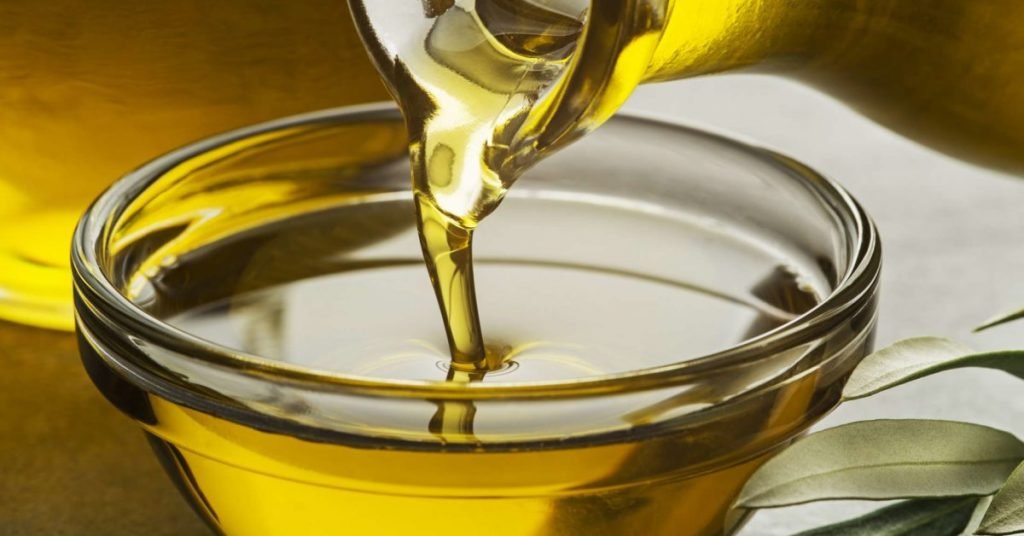
Vegetable Shortening
Vegetable shortening is the most popular unsalted butter alternative to baking. Vegetable shortening is derived from vegetable oil that has been through hydrogenation or the incorporation of hydrogen-containing molecules in vegetable oils. In adding hydrogen to the oil, it turns into a solid at room temperature.
If your dish calls for one butter, use an equal quantity of shortening made from a vegetable. Vegetable shortening is the best choice to make pie crusts and pastry. However, you can also use it to make anything because it doesn’t possess an intense flavor.
Vegetable Shortening is made from refined oils such as soybean oil, palm oil, avocado oil, etc. The primary reason for shortening is that it acts as a replacement for butter or lard in cooking or replaces the animal fats that lard and butter contain.
It is a product made from vegetable oil and contains 100% fat. There is no water in shortening, and it also doesn’t contain steam that produces gluten. It’s a product that can make your baked goods soft and supple, which is what the butter will help them.
It can increase the height and size of your cakes. It is flavorless, and your recipe will not be affected even if you’re making use of shortening. It is suitable to create desserts, dairy-free, or vegan recipes. Beware that if you use this product to substitute for butter, for instance, when you’re making a flaky pie crust, the pie crust doesn’t perform as you would expect. It is important not to substitute this product when it is specifically mentioned in the recipe that butter is required.
In the process of substitution, make sure to use measure for measurement. Vegetable Shortening can alter the flavor because shortening may not be as rich relative to butter. In contrast, vegetable shortening allows other ingredients to stand out.
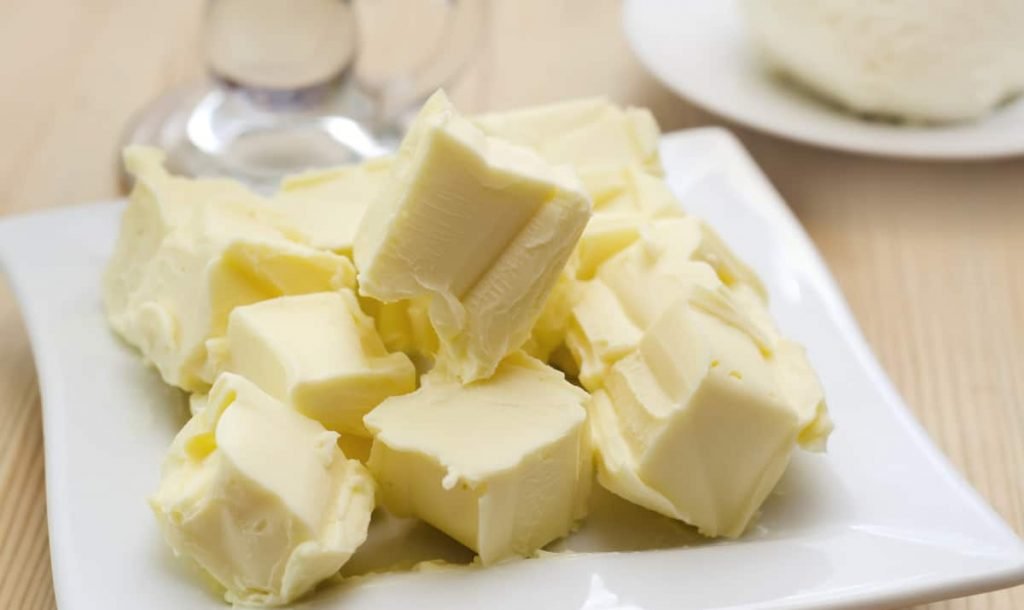
Unsweetened Applesauce
It is a product free of cholesterol, fat, or sodium used to bake muffins, cakes, and bread. It’s so good that it can help your food stay soft with no saturated fats. This product already has a sweet taste and will need to reduce the sugar you use in the recipe. Unsweetened applesauce could be a good substitute for unsalted butter. If your recipe requires butter, you can substitute half of the amount of applesauce. Applesauce doesn’t alter the sweetness of your recipe or taste like apples.
It’s a way to give them a little more structure. For example, baking applesauce in place of melting or softened butter, applesauce is the shape holder for the baked products. For a healthier alternative, unsweetened applesauce is a fantastic option.
This is especially the case for those who are vegan or who are trying to stay clear of dairy/lactose. If you’re also trying to reduce the sodium and fat you consume or lower cholesterol levels, the unsweetened AppleSauce is among the most effective alternatives to unsalted butter.
Although this could help your calories, unsweetened apple sauce contains more carbs than butter. In addition, because of its naturally sweet flavor, it’s best to use in sweeter recipes, not more savory ones. While it’s most suitable to bake muffins and cakes, it is also utilized for bread and other baked goods. apple butter along with its alternatives can be used in apple sauce is absence in your fridge.
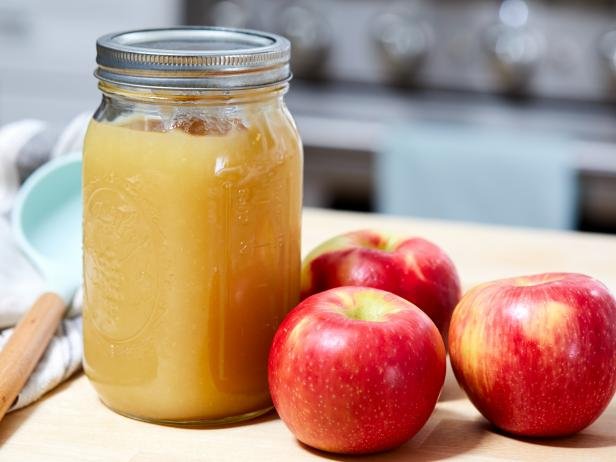
Frequently Asked Questions about unsalted butter
What is the difference between unsalted and salted butter in baking?
Unsalted butter is churned cream without any other ingredients. This makes the sweetness of the sweet cream stand out. The taste of salted butter can affect the quality of baked goods. Unsalted butter is best if you want complete control over the flavor of your recipe.
Can I use olive oil instead of unsalted butter?
Olive oil can be used as a substitute for unsalted butter. Replace the butter with olive oil at a 3:4 ratio.
Is unsalted butter equivalent to margarine?
Butter, unsalted, adds depth to pastries, cakes, and cookies. It starts as cream, and margarine is made from vegetable oil. Margarine can result in thin cookies when baked because it has more water and less fat.


We are baking experts and connoisseur of food with decades of cooking experience to cook and bake a variety of scrumptious food item to awaken the taste buds of people who eat our baked delights.
With our gumption, alacrity along with astute acumen to pick the authentic and best quality ingredients from across the world to make the scrumptious recipes which soothes the taste buds of eater has made him the name on which people can count on when it comes to cooking advice, world class meals and cuisines native to the different cities of world.
Our chefs unique ability improvise and make baked dishes with different raw produce and ingredients in less time which are delicious and relished by the guests has made kooky bakes leader in the arena of baking and serving mouth watering food.
